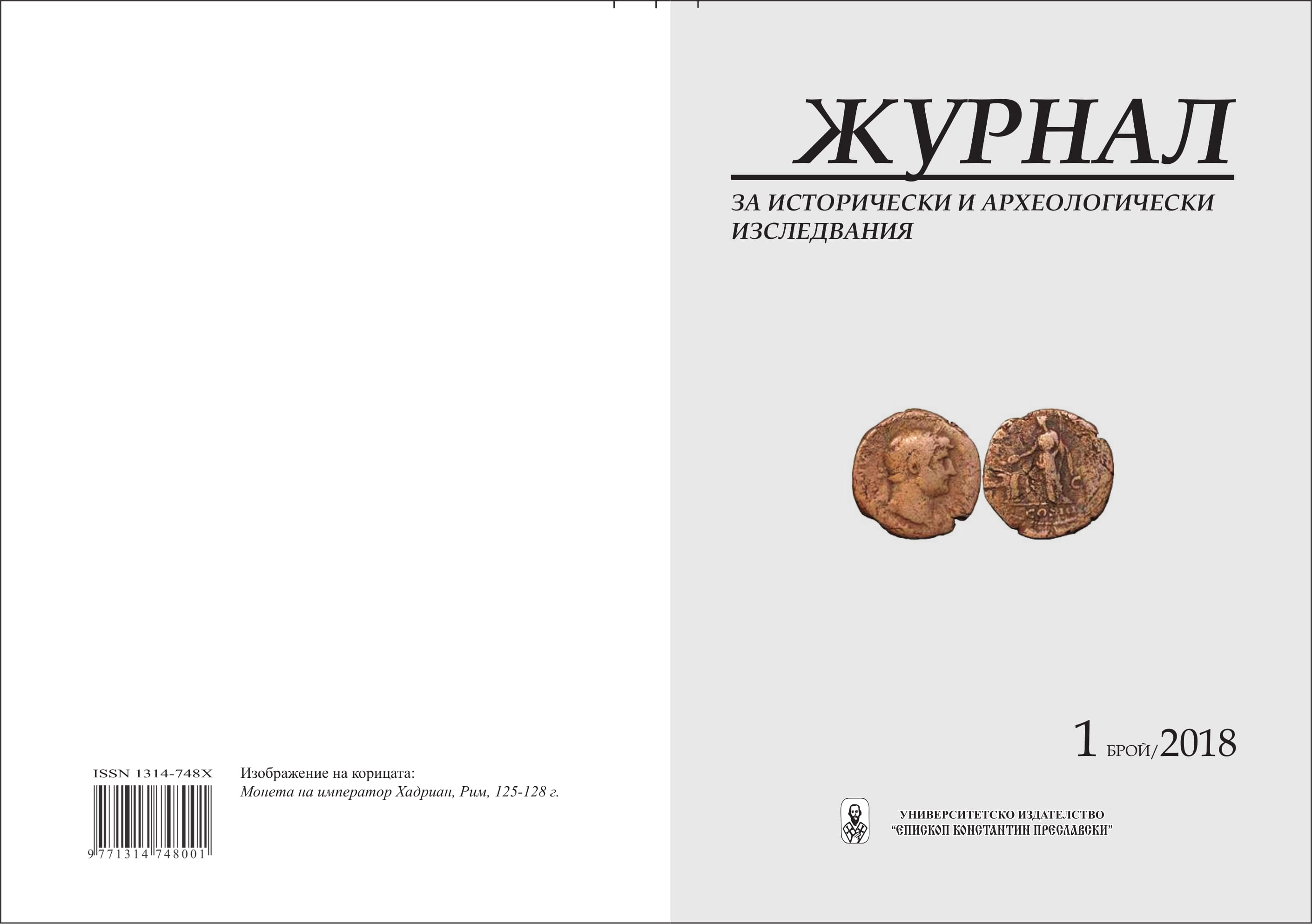Съветско-турските противоречия за Проливите след Втората Световна война и влиянието им върху българо-турските отношения (септември 1944 г. - декември 1946 г.)
Soviet-turkish conflict on the Straits after the World War II and influence on the Bulgarian-Turkish relations (september 1944-december 1946)
Author(s): Yamen DubazSubject(s): History, Military history, Political history
Published by: Шуменски университет »Епископ Константин Преславски«
Keywords: World War II; Soviet-turkish conflict; Straits;
Summary/Abstract: The straits – Bosporus and Dardanelles take an incredibly major place in the geographical location of Turkey as an internal and international waterway, directly related to the security of the country. In addition to, for Bulgaria, Romania and for the Soviet Union they are the only major maritime way that have military and strategic importance. At the same time the Straits are a subject of the strategic aspirations of the United States and Great Britain after the World War II. Turkey is almost the only country that didn’t take place in the World War II. On 2 August 1944 Turkey ‘s cabinet which was located in Ankara, declared the termination of diplomatic and economic relations with Germany. Yet, on 23 February 1945, i.e. near the end of the War, Turkey declares a war to Germany. After the World War II the regime of the straits, determined by the Montreux Convention in 1936, which provides freedom for the commercial shipping in peacetime and wartime, and in addition claims that it ensures the safety of the Black Sea countries. For the post World War II conditions the Convention of Montreux is evidently outdated. Typically, despite the differences between the three great allied countries - the USSR, the USA and Great Britain, exposed by the Potsdam Conference between July and August 1945, they come to the conclusion that “The Montreux Convention Regarding the Regime of the Straits should be revised as inappropriate for the conditions of our present.” It is envisaged the negotiations to be conducted between each of the three governments and the Turkish Government. The Bulgarian-Turkish relations are not burdened by wartime problems after the World War II and until 1946 the two countries seek to keep them positive as they don’t have any territorial claims to each other. Occasions for mutual suspicion, however, are still present. Turkey is feeling threatened by the Soviet troops on Bulgarian territory and the claims of Sofia towards Western Thrace. Bulgaria passes the attacks of the Turkish press and seeks to put an emphasis on the trade and transport links between the two countries.
Journal: Журнал за исторически и археологически изследвания
- Issue Year: 2018
- Issue No: 1
- Page Range: 56-79
- Page Count: 24
- Language: Bulgarian

